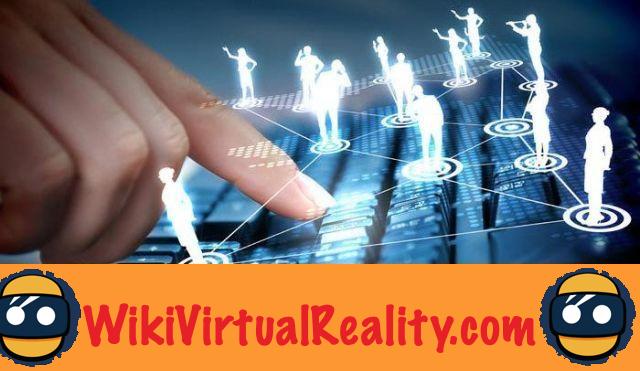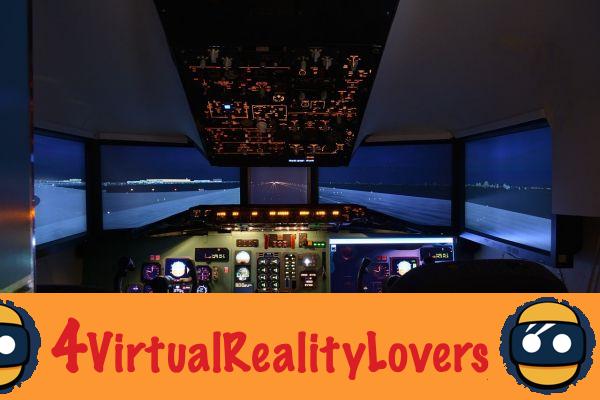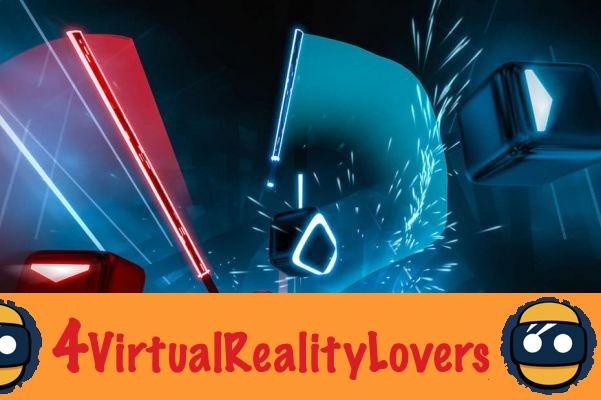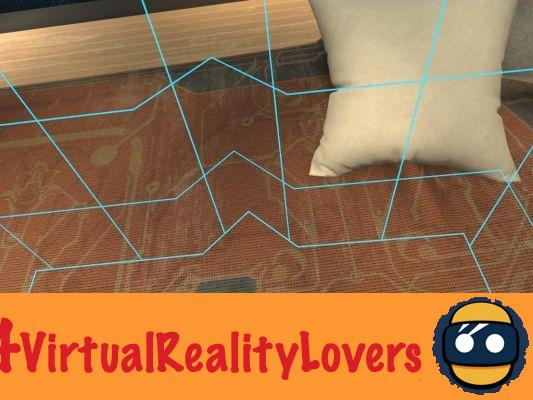
Summary
- Football and VR: a step towards professionals
- Save time, space and resources
- Sport and VR: a marriage of convenience
Beyond Sports Company to Provide Two Services Using Virtual Reality to Stoke City Club. The first concerns the training of goalkeepers. The second analyzes the performance of players from data collected during training or matches. Two practical examples of the association of football and VR in professional sport.
Football and VR: a step towards professionals
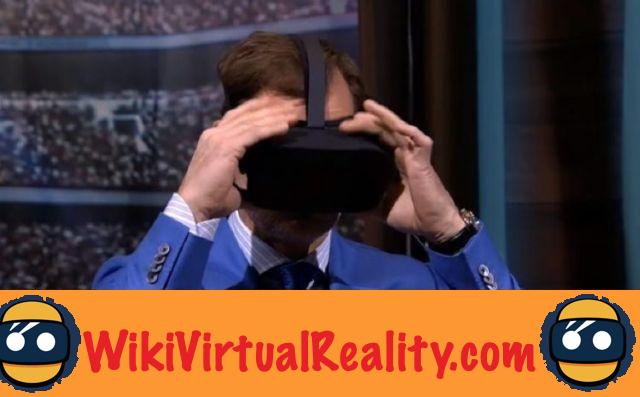
Stoke City are not the first professional club to announce such a partnership. Its prestigious competitor Arsenal has been using the services of Beyond Sports since 2015. As have two Dutch clubs in particular. There is, however, a difference. For the Londoners of Arsenal, VR was previously reserved for youth teams. Stoke City Executives Take Milestone Involving Professional Team Goalkeepers. Proof that the football and VR association finds its marks in the Premier League.
Even the German Federation, which adopted virtual reality just a month ago, is limiting its use to young people in the form of tests. The apps developed by the company offer two options. The first proposes pre-recorded scenarios. While the club also has the possibility of recreate original phases of the game based on their own information.
It is therefore a simulation that immerses the player in a specific moment of the match. The goalkeeper finds himself for example at the moment of a stopped phase type corner or free kick. He visualizes the position of his partners and opponents, as well as their movements during the action.
Save time, space and resources

There are many advantages for the club. The ability to work on a specific action with a particular player, without mobilizing several players. This is why the very specific post of guardian is primarily concerned. He is the main actor during phases of stopped play and his reactions are crucial, more important than those of the other players. Make him work again and again the automatisms is essential. Being able to do this work without calling on other players frees them up for other training workshops.
Even if of course the practice with partners will never be completely replaced by virtual reality, this allows the keeper to reproduce these situations endlessly. Like a pianist who tirelessly repeats his scales before rehearsing with the musicians of his orchestra. In addition, these sessions can take place anywhere and anytime. Subject to having the equipment (a helmet, position and movement sensors) and a space that is all in all reduced compared to a football field, the simulation can take place at any time. Including when the player is not with his partners.
Sport and VR: a marriage of convenience

The use of virtual reality will allow the player toimprove decision-making. The sports for which there are many stopped phases could be the most affected. Like American football, which has been using this technology for several years now.
Another advantage at a time of increasing physical impact is to preserve the integrity of athletes by reducing contact during training. From this perspective, we also think of rugby or ice hockey where the shocks can be extremely violent.
Reality (virtual or augmented) cannot for the moment replace this physical dimension but allows to strengthen the reflection part and tactics of the game. An aspect that all amateurs will appreciate, knowing that it is generally preferable to circumvent the obstacle rather than to choose the frontal opposition. A principle as valid for a rugby winger as for a boxer. Even if on arrival, we must admit that the ability to take punches often makes the difference on the pitch. The only solution to avoid them completely is to turn to e-Sport.




